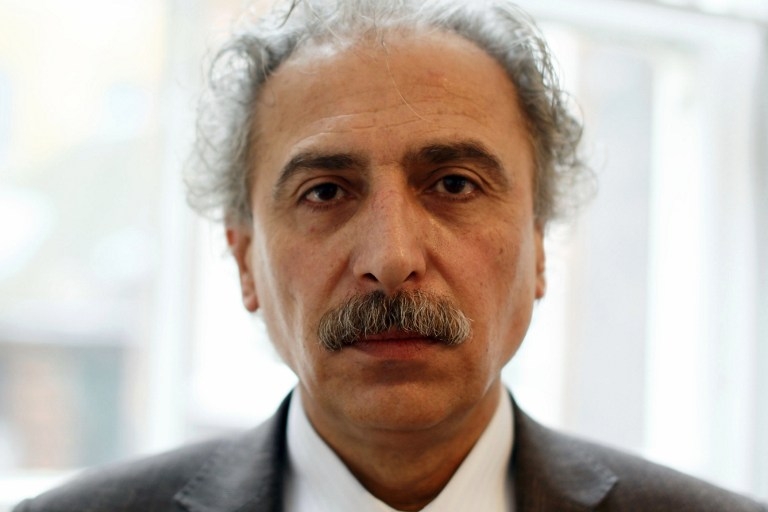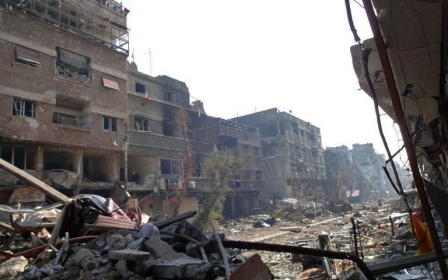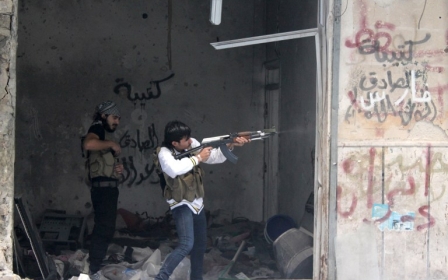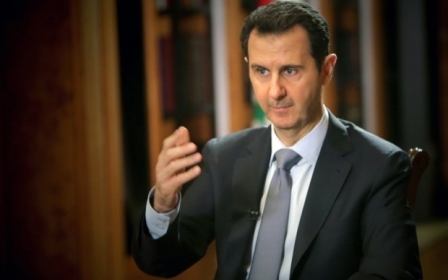Syria bans domestic activist from attending Moscow talks

A key activist in Syria's "tolerated" opposition said Saturday he cannot attend peace talks in Moscow next week because Damascus refuses to lift his travel ban.
"Neither I nor my movement will take part in the meeting in Moscow because the regime refuses to lift my travel ban," Louay Hussein told AFP.
Hussein, who heads the Building the Syrian State party, said last week that he hoped to attend the talks being hosted by Moscow from Monday through Thursday.
He said Russia, a key ally of President Bashar al-Assad, had invited him to the discussions and that he had planned to attend with party representatives Mona Ghanem and Anas Judeh.
But Hussein, who was released in February from three months in jail, remains under a travel ban pending a verdict in a case in which he is accused of having "weakened national sentiment".
The verdict is expected on 29 April.
Hussein is one of the country's leading intellectuals who has spent his life writing on political and social debates concerning Syria and the Middle East.
He was the first political opposition figure to be arrested after uprisings began in Syria in March 2011 and, within months, ran the first public opposition conference within Syria at the Semiarmis Hotel in Damascus.
Early on in the civil war, he advocated for non-violence, telling an audience at the London School of Economics in February 2012, "I think the way by which we overthrow the regime is going to determine the alternative regime."
Another key domestic opposition group, the National Coordination Committee for Democratic Change, will be attending the Moscow talks.
Its chief, Hassan Abdel Azim, will participate with four other members of the organisation, according to executive committee member Yehya Aziz.
The Syrian government is expected to be represented by its UN envoy, Ibrahim Jaafari.
The meetings are expected to cover the humanitarian situation in the country, as well the possibility of restarting talks within the framework of an agreement reached during negotiations in Switzerland.
But the key exiled opposition body, the National Coalition, has said it will not attend, accusing Russia of merely seeking to bolster the government.
More than 215,000 people have been killed in Syria since the conflict began with peaceful anti-government protests in March 2011, before spiralling into a war after a government crackdown.
New MEE newsletter: Jerusalem Dispatch
Sign up to get the latest insights and analysis on Israel-Palestine, alongside Turkey Unpacked and other MEE newsletters
Middle East Eye delivers independent and unrivalled coverage and analysis of the Middle East, North Africa and beyond. To learn more about republishing this content and the associated fees, please fill out this form. More about MEE can be found here.




